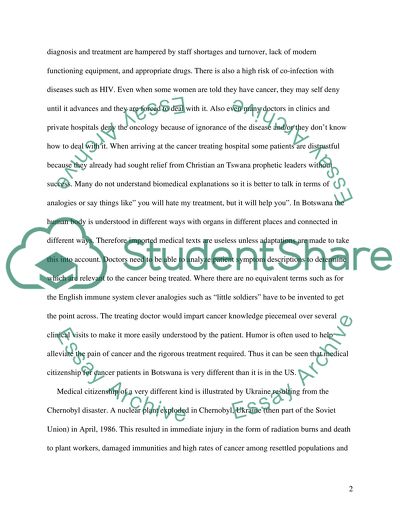Cite this document
(“Health, pharmaceuticals, and citizenship Essay Example | Topics and Well Written Essays - 1500 words”, n.d.)
Retrieved from https://studentshare.org/anthropology/1692890-health-pharmaceuticals-and-citizenship
Retrieved from https://studentshare.org/anthropology/1692890-health-pharmaceuticals-and-citizenship
(Health, Pharmaceuticals, and Citizenship Essay Example | Topics and Well Written Essays - 1500 Words)
https://studentshare.org/anthropology/1692890-health-pharmaceuticals-and-citizenship.
https://studentshare.org/anthropology/1692890-health-pharmaceuticals-and-citizenship.
“Health, Pharmaceuticals, and Citizenship Essay Example | Topics and Well Written Essays - 1500 Words”, n.d. https://studentshare.org/anthropology/1692890-health-pharmaceuticals-and-citizenship.


